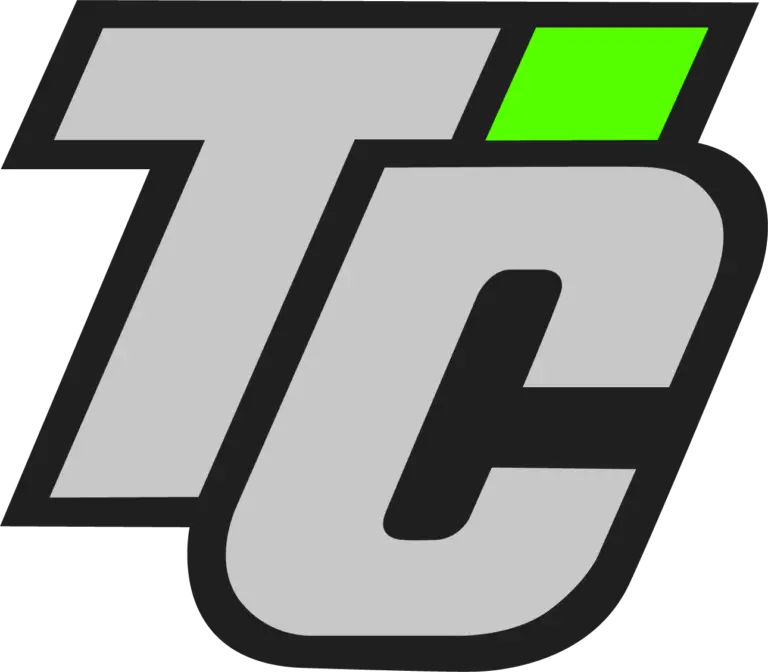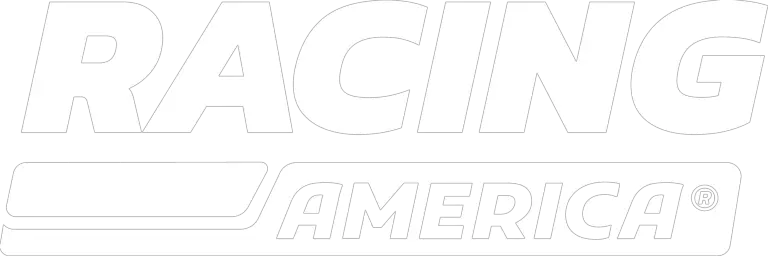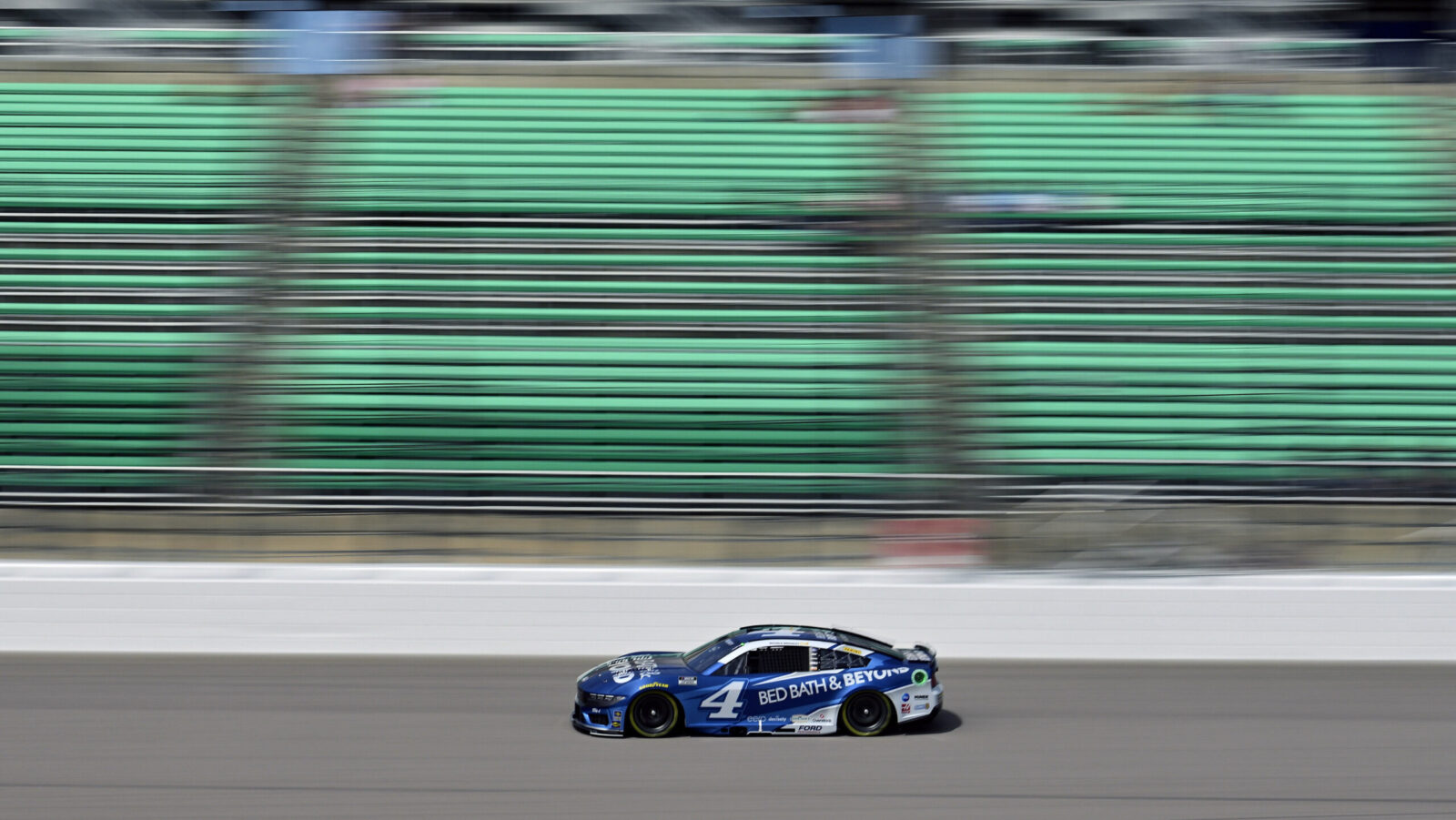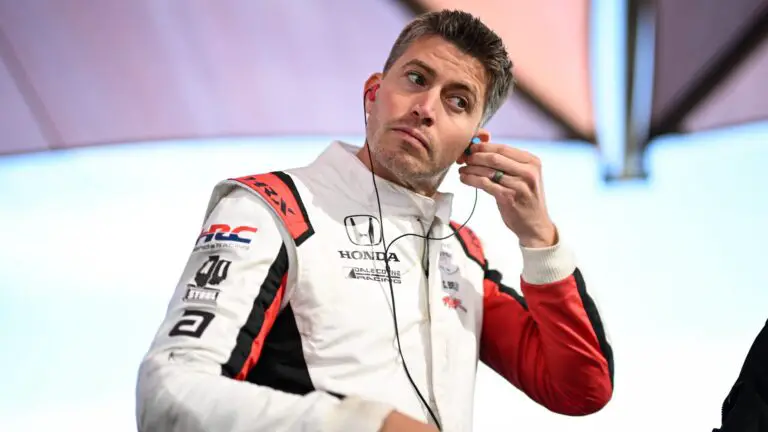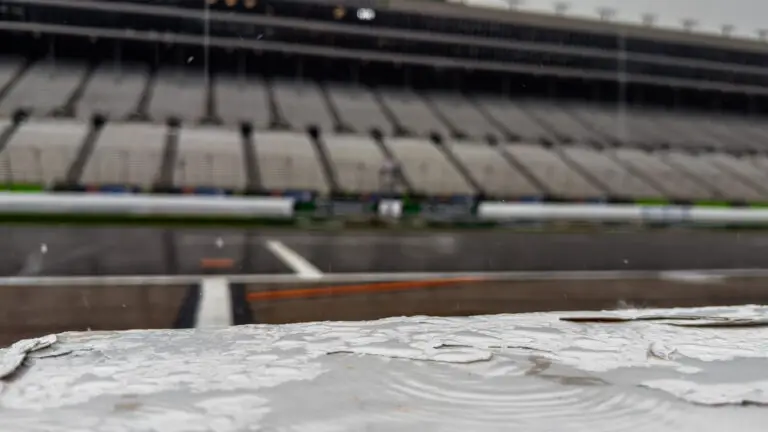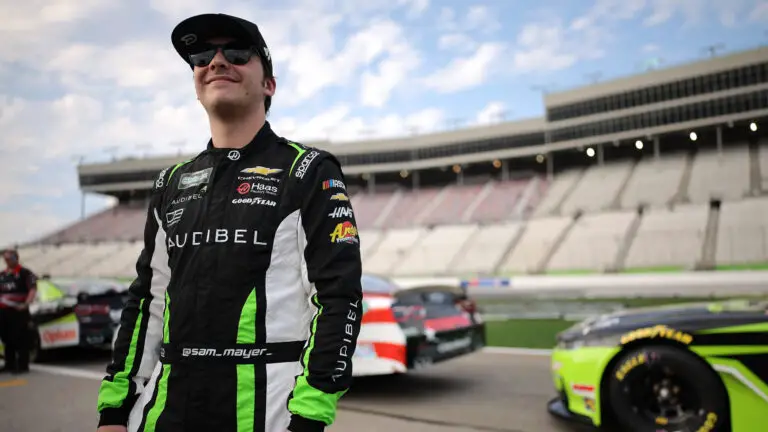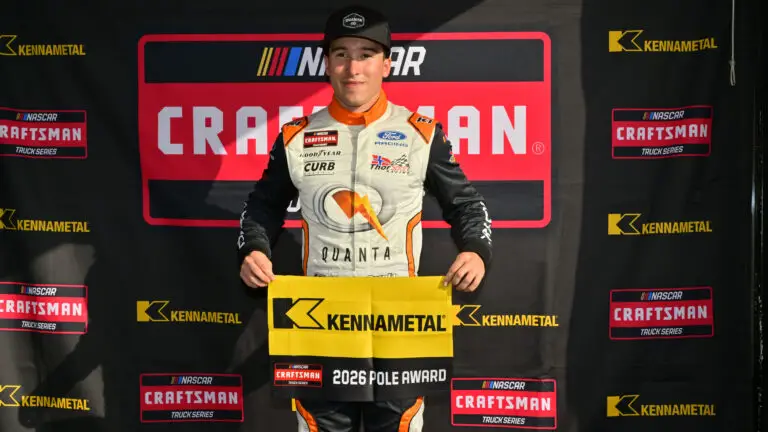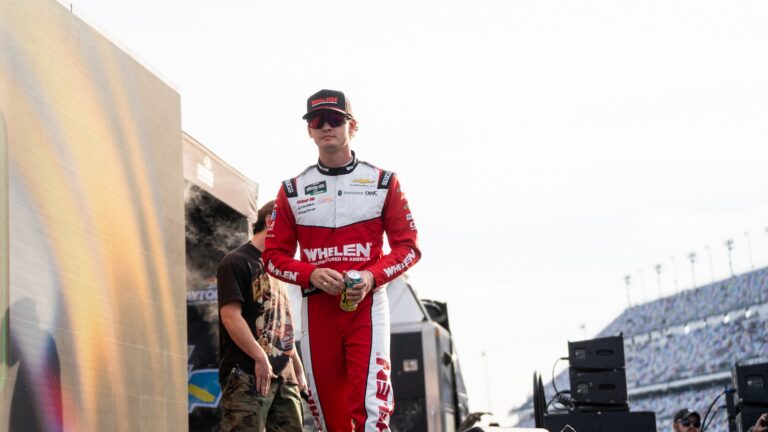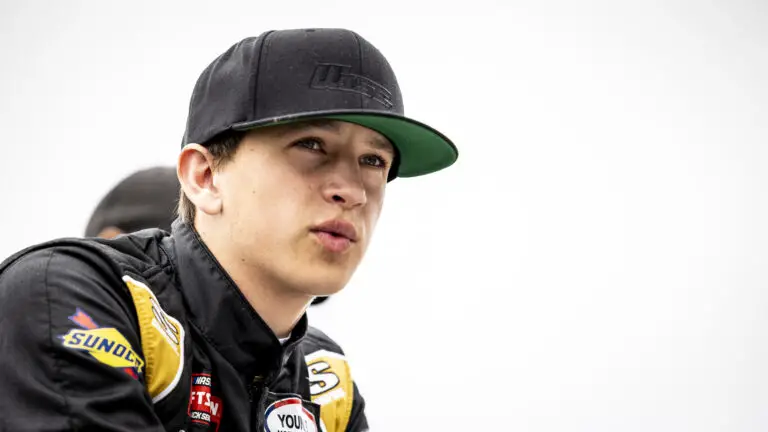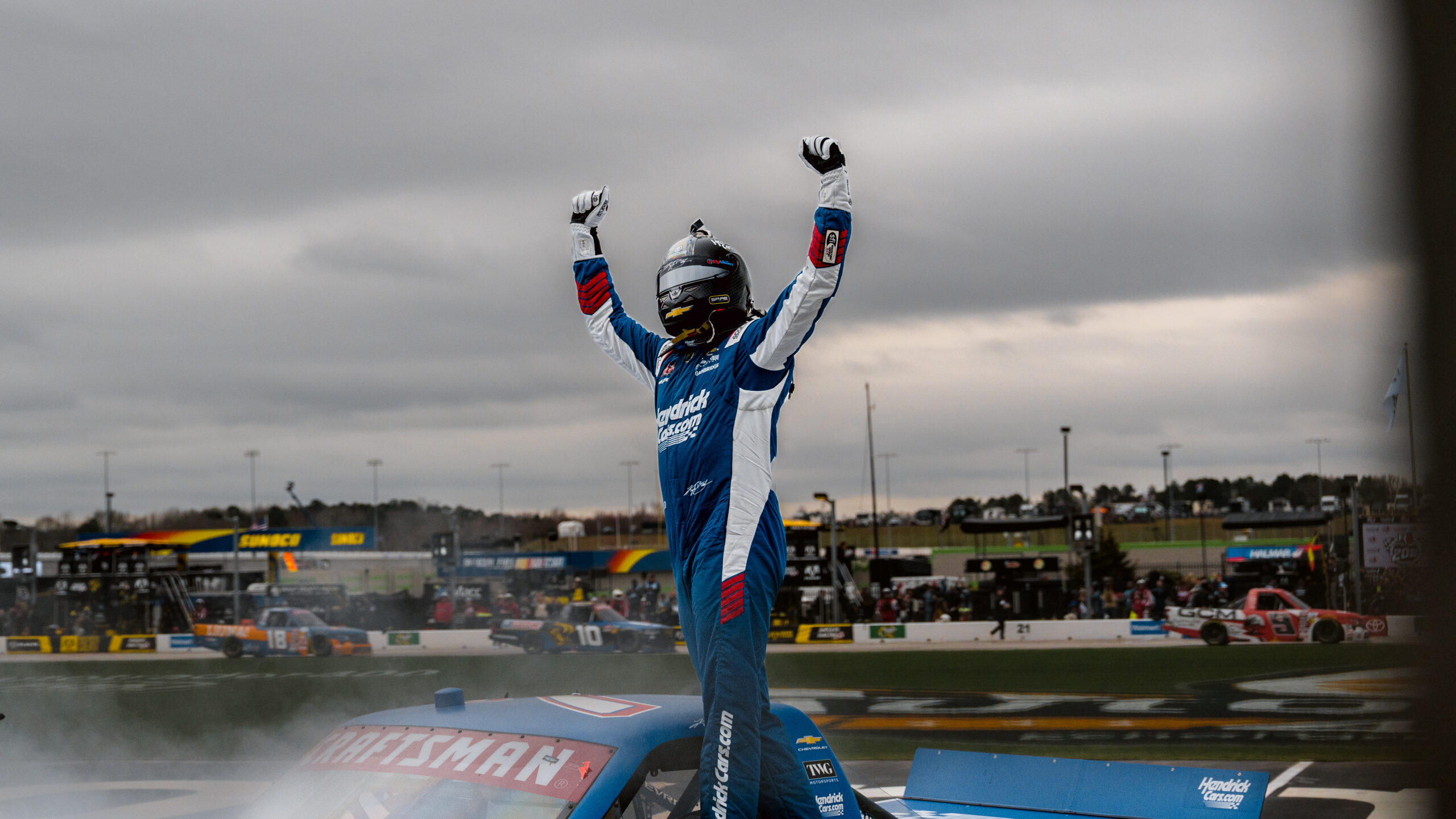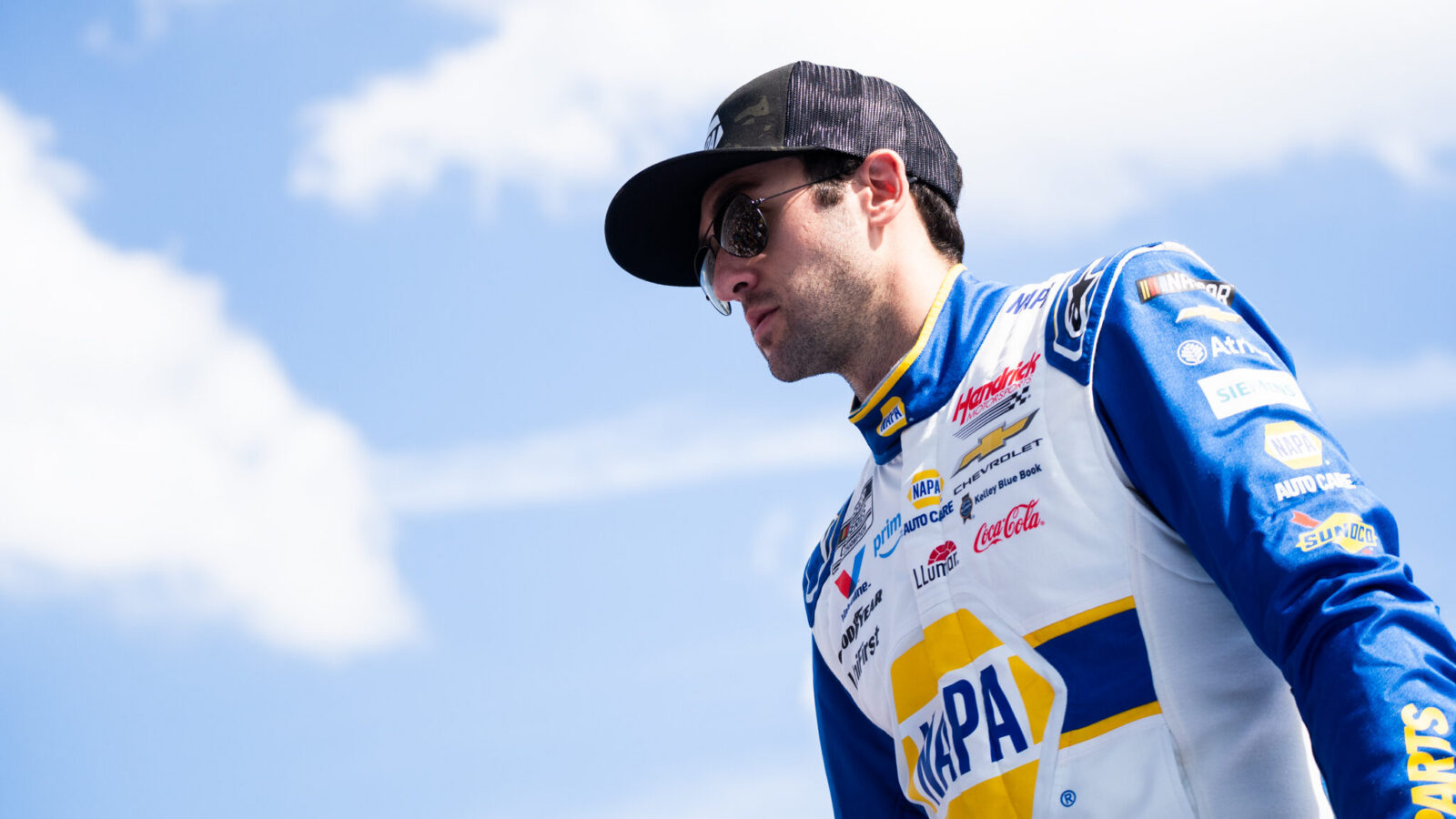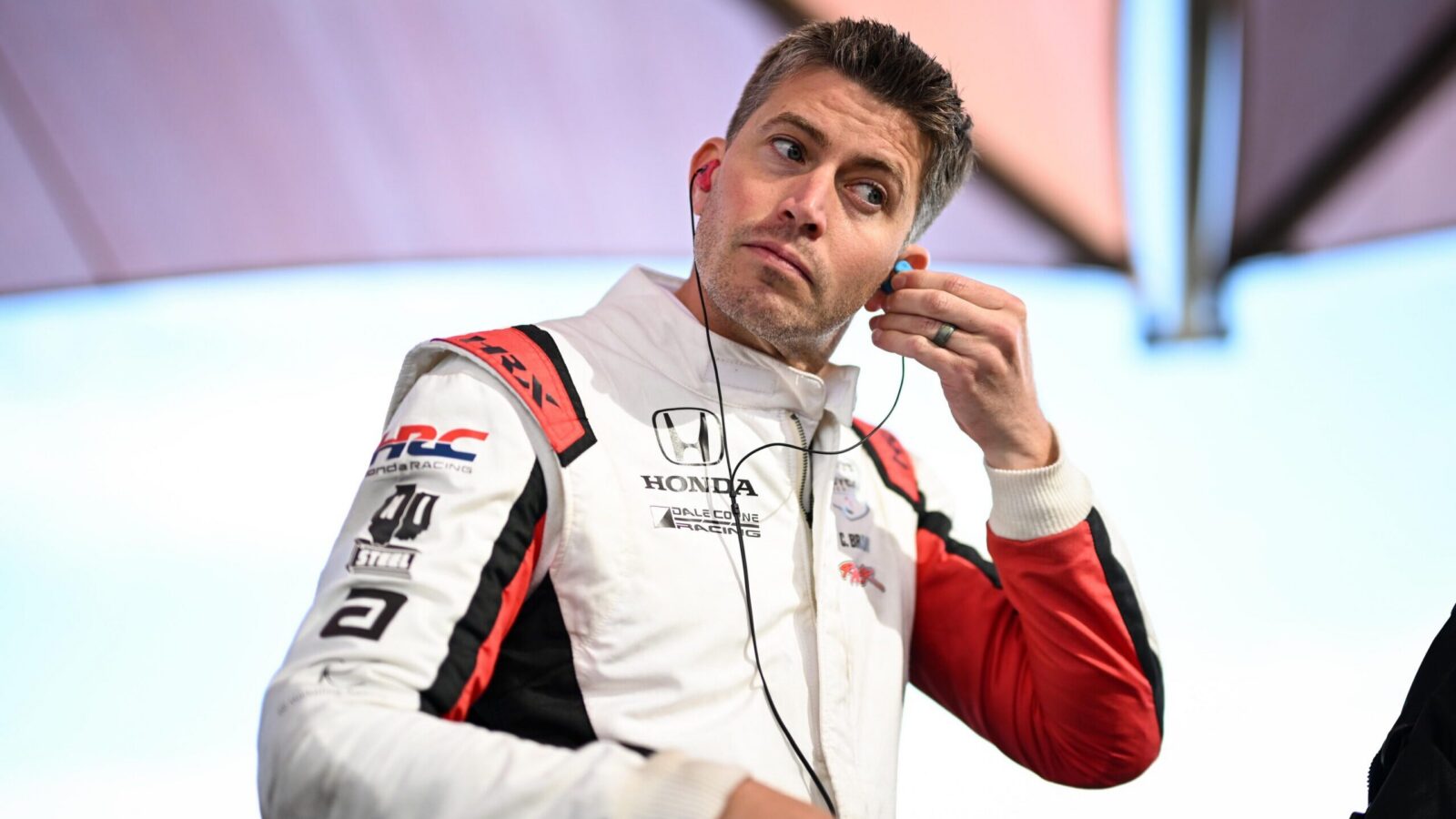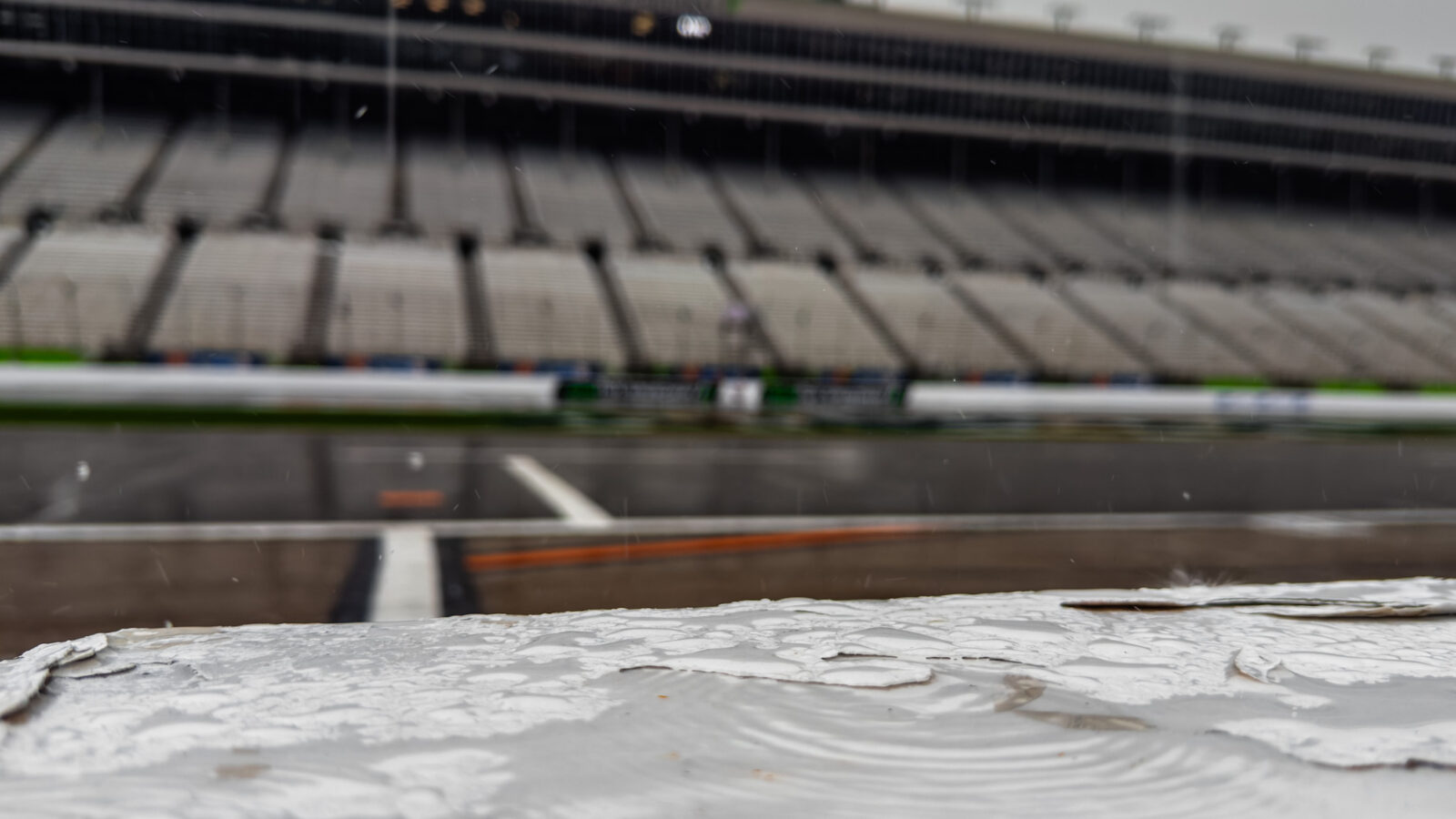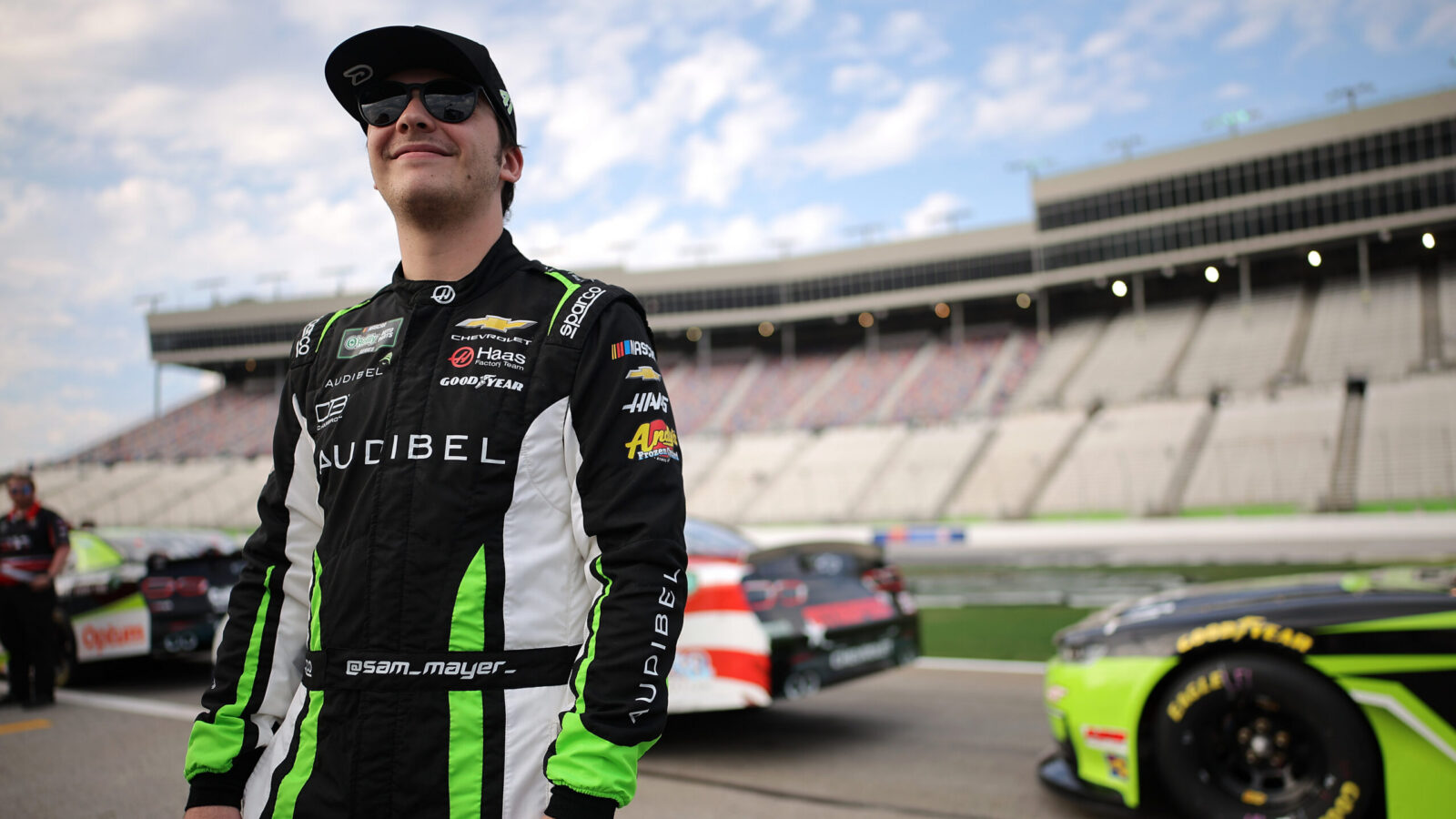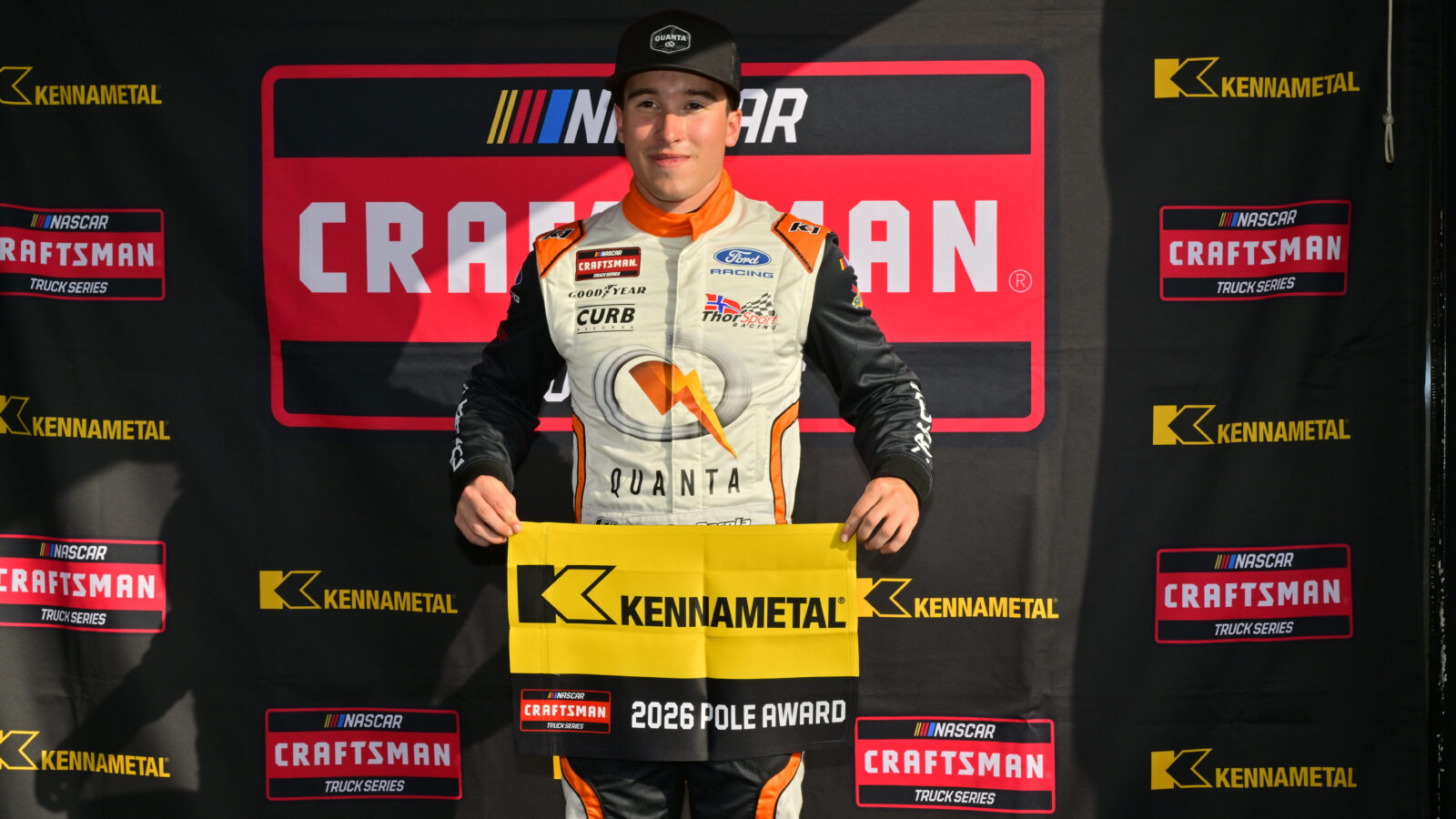When Stewart-Haas Racing’s Josh Berry was involved in an incident off Turn 2 on the opening lap of Sunday’s Hollywood Casino 400 at Kansas Speedway, the car sustained slight damage and four flat tires but appeared to be fully capable of continuing the rest of the race.
However, with four flat tires on his No. 4 Bed, Bath & Beyond Ford, Berry needed assistance to get back to the attention of his crew. Instead of being towed back to pit road, the safety crews towed Berry into the campgrounds on the backstretch and NASCAR officials told him to get out of the car since they were officially done for the day.
The decision was ultimately confusing for Berry, crew chief Rodney Childers, and spotter Eddie D’Hondt, as well as most of his fellow competitors and members of the media. Coming just two weeks after a similar incident at Watkins Glen International eliminated Playoff contender Ryan Blaney after Lap 1, a lot of questions have been raised about this policy and the possible implications if this were to happen to a championship contender in the season finale.
2024 Hollywood Casino 400 @ Kansas, Josh Berry’s full race onboard pic.twitter.com/uochmF8eNC
— Andrew (@Basso488) September 30, 2024
I’ve seen a lot of things over my 25 years in the Cup Series, but that’s the most screwed up thing I’ve ever seen or been involved with. All we needed was tires with air in them. And how many times have we drug cars to the pit stall to put tires on them. Why today?!? ?
— Rodney Childers (@RodneyChilders4) September 29, 2024
On Tuesday morning, NASCAR Cup Series Managing Director Brad Morgan joined SiriusXM NASCAR Radio to explain the situation from the sanctioning body’s point of view, arguing Sunday’s incident with Berry was consistent with the Damaged Vehicle Policy rules that have been in place for years.
Moran admitted that series officials do not have the ability to inspect the car on the side of the racetrack after an incident to determine if it is still capable of continuing in the race, however the indication for the rule is whether or not a driver can successfully drive the car back to the pits following an incident, also pointing out had Berry just spun and had four flat tires without contact the car would have been towed to the pits and the team would have been able to continue in the race.
“Once you’re involved in a DVP accident – and by the way the IDR (incident data recorder) reporter did go off, so it was a significant incident that the (No.) 4 was in,” Moran explained. “If he couldn’t drive that car back, it was out due to DVP.”
Since the inception of the Next Gen car, teams and drivers have struggled to find ways to get a car with four flat tires back to pit road because with four flat tires the car simply sits on the underbody and is unable to roll. Starting with the August race at Michigan International Speedway, NASCAR implemented an optional lift system that would raise the car in the event of four flat tires and help it get back to pit road.
Berry and his No. 4 SHR Ford did not have this optional lift system in the car on Sunday at Kansas Speedway. Moran said he expects to see “90 percent of the field” with the optional device installed for this weekend’s race at Talladega Superspeedway.
The decision to tow Berry’s car to the infield and ultimately rule the team out of the race without completing a single lap did not sit well with many in the NASCAR industry. On Monday’s edition of Dirty Mo Media’s Door Bumper Clear podcast, spotters Brett Griffin, T.J. Majors and Freddie Kraft all expressed their frustration and concern with this rule, which has now been the topic of conversation for two out of the last three Playoff races.
“This has to stop happening,” Griffin said. “I mean, these guys spent three days of their life, they left their families at home with a hurricane coming and they spent a gazillion dollars to build this car and drive this car across country to be able to qualify, practice and race it, and you didn’t let them because they have four flat tires.”
Kraft echoed Griffin’s thoughts and questioned why getting a car back to pit road with flat tires is still an issue with flat tires.
“How is it we’re three years into this car and we don’t know out how to get around the track with flat tires?” he asked. “How? How is it possible?
“What are you going to do when this eventually happens to somebody in the final four?” Kraft continued. “You’re going to eliminate a championship contender because he got a flat tire?”
The panel also questioned how these decisions are being made and how in NASCAR competition leadership is ultimately making these decisions to eliminate the cars from competition.
Playoff driver and 23XI Racing team co-owner Denny Hamlin also expressed his frustration with the rule on his Actions Detrimental podcast following Sunday’s race at Kansas Speedway and said he expects NASCAR to make changes to the rule moving forward.
“I predict they’ll change that rule. There’ll be enough uproar, and they’ll respond to social media and stuff, and they’ll allow that,” said Hamlin. “There’s no reason why he shouldn’t have been able to continue. So where in the loophole of rulebooks can you come up with a way to change this to make it to where he’s able to put your tires on it?”
During his call with SiriusXM NASCAR Radio on Tuesday morning, Moran confirmed that NASCAR would evaluate the rule moving forward, but it would not be done until after the conclusion of the 2024 season. He also admitted that a similar situation could occur in the championship-deciding race at Phoenix Raceway, saying, “it would be a real bad situation because we wouldn’t change the rule.”
Arguing the DVP policy was something that all industry partners – NASCAR, team owners, and drivers – wanted, Moran said the rule ultimately comes down to the safety of the competitors involved in incidents, but they are always learning and adapting when it comes to the Next Gen car.
“Now, we’ve had a new car. We’ve had three years with it. We’re learning every time it goes out there,” he said. “We looked at (the DVP policy) last off-season. We’re going to take a much harder look (this off-season). Unfortunately, we’ve a couple of samples we don’t really like, and we’re going to go back and take a hard look at it and get with the industry and see if there’s a modification that we can do where everybody feels is fair and equitable.”
